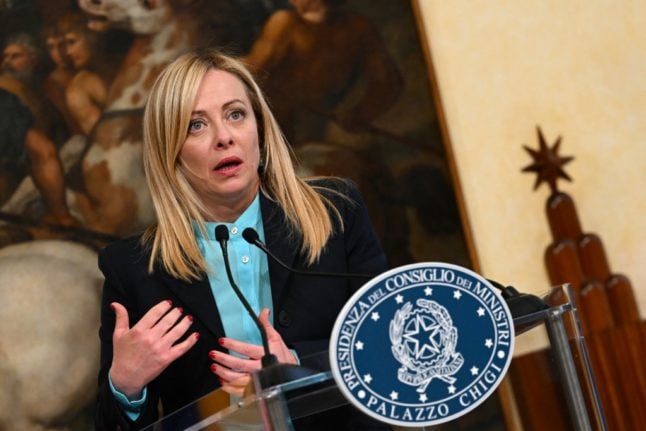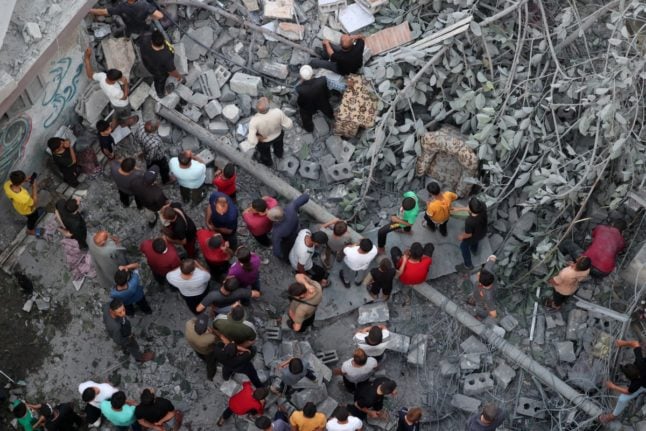Italy’s government on Thursday approved new laws intended to prevent juvenile violence, including by making it easier for police to arrest children carrying weapons, and introducing prison terms for the parents of children who drop out of school
Under the new decree, parents of children who skip lessons could face up to two years in jail.
The measures were part of a new package approved by Prime Minister Giorgia Meloni’s cabinet in response to a string of violent crimes involving teenagers in the outskirts of Italy’s poorer cities.
Meloni, the leader of the far-right Brothers of Italy party whose tough-on-crime stance appeals to many voters,said at a press conference that “Juvenile crime is spreading like an oil stain.”
Italian media has been filled this summer with reports of violent incidents involving what newspapers call “baby gangs” – young teens and children recruited, often by mafia, for drug dealing, thefts and other crimes.
“The situation has gotten out of control and something must be done,” Meloni said during a press conference Thursday.
Last week, she visited Caivano, a tough northeastern suburb of Naples overrun by the Camorra mafia where it emerged in August that two female cousins, aged 10 and 11, had been raped by other youths.
In Sicily in July, a 19-year-old woman was raped in Palermo by a group of seven young men, the attack filmed on video.
During a visit conducted under tight security, Meloni insisted she would not accept “no-go” zones – areas controlled by organised crime groups – and promised that Caivano would be “radically reclaimed”.
“We came here to say that we intend to act and show our face,” she said, saying the Italian state had previously been either absent or “not sufficiently felt”.
Marginalisation
Police launched a blitz on Caivano earlier this week and Meloni promised more money to rebuild the neighbourhood’s derelict sports centre and provide more teachers for Caivano’s schools.
She said on Thursday that the national measures agreed in the decree law were “repressive, but preventative”.
The decree increases the number of offences for which children as young as 14 can be convicted, and allows police to arrest those 14 and up carrying weapons.
Judges can also ban minors aged 14 and up from legally owning cellphones, under certain circumstances.
Parents, meanwhile, can be sentenced to two years in jail for failing to enrol their children in school despite an official warning by police, and one year if the child has a high truancy rate.
Currently, the parents of truants can be fined 30 euros.
Critics said Meloni’s measures were only part of the solution, saying young people across the country needed better schooling and improved social programmes.
The parliamentary deputy head of the opposition Five Star Movement, Vittoria Baldino, said the new decree was a strategy to “conquer only headlines on tomorrow’s paper but doesn’t revolve the problem of societal marginalisation”.
In an interview on Friday with the daily newspaper Il Giornale, top Italian Cardinal Matteo Zuppi said “concrete interventions” were needed to address youth delinquency, taking into account “failures, delays, and omissions that foster the growth of youth discomfort”.



 Please whitelist us to continue reading.
Please whitelist us to continue reading.
Having strict laws to impose on the parents is a good start. The italian children need to see there is a great future and opportunities for them outside the world of crime. There should be technical schools and pays scale needs to be more rewarding for people to see they can live a great life without crime.